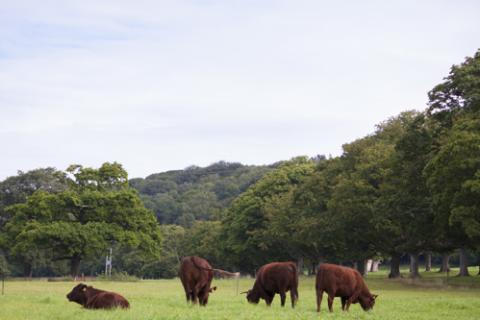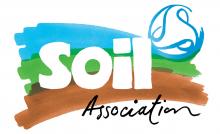The panel covered the benefits and practicalities of making and using tree hay, and explored topics including:
- The benefits of supplementing winter forage with trees
- Uses and benefits of different species
- Nutrition and welfare
- Producing tree hay
- Drying and storing
- Ways of feeding tree hay.
This was part of part of a new farmer-led knowledge exchange programme, Agroecology: Strengthening Livelihoods, which we worked on with Nourish Scotland, Landworkers’ Alliance, Pasture for Life, the Nature Friendly Farming Network, Propagate and Scottish Crofting Federation. Funding for this programme was made available through the Knowledge Transfer and Innovation Fund (KTIF), which is funded by the Scottish Government. For more information and resources about agroforestry, visit https://www.soilassociation.org/agrof...



